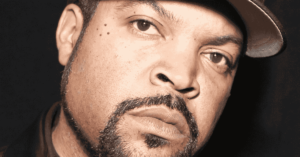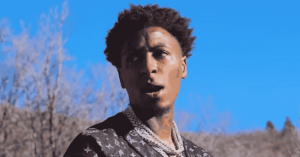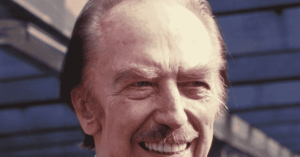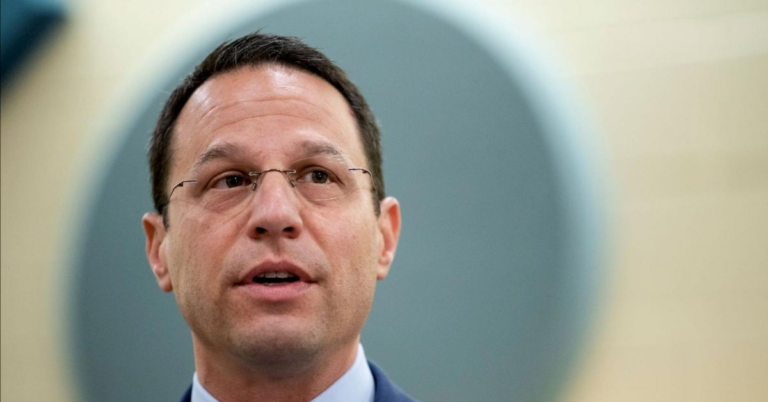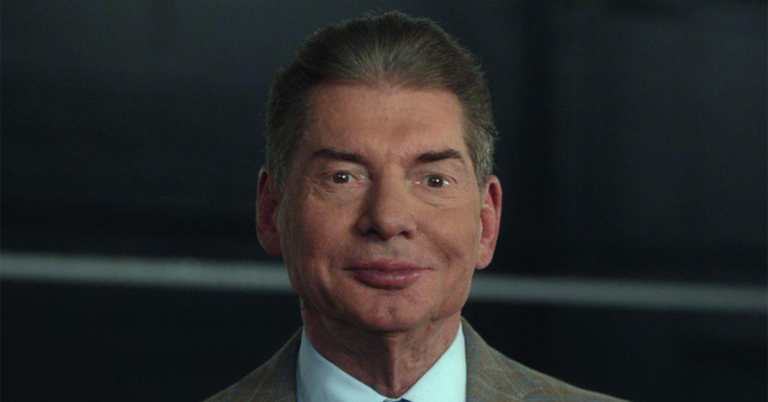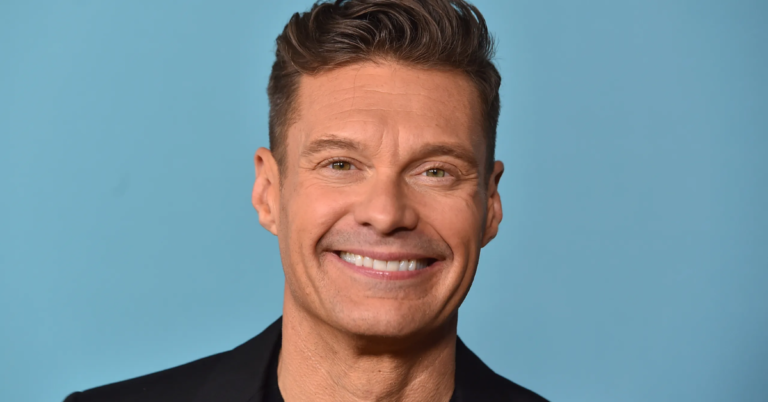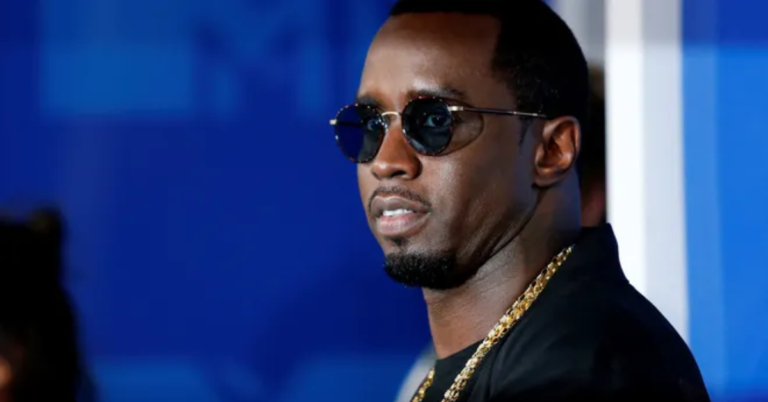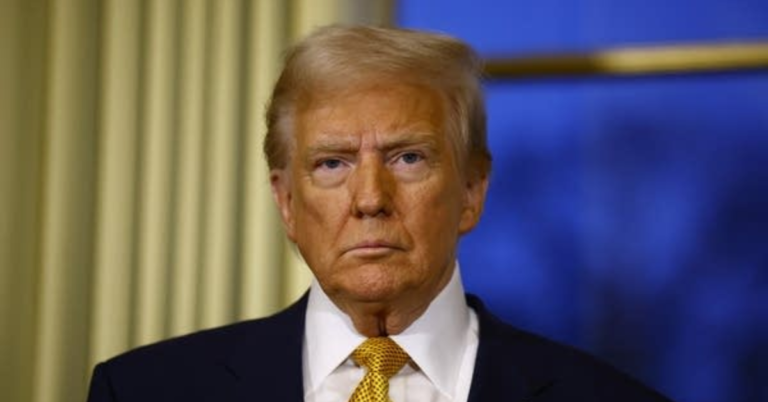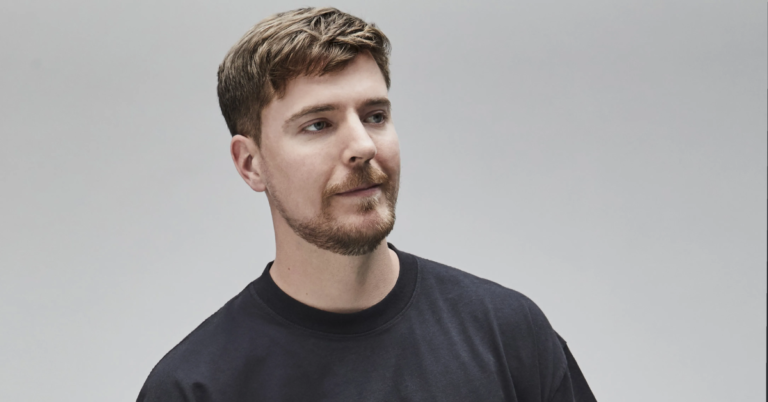As of 2025, Ice Cube net worth is estimated to be $160 million. As of February 2025, Ice Cube is involved in several film projects. As of February 2025, Ice Cube’s son, O’Shea Jackson Jr., continues to make significant strides in the entertainment industry. As of February 2025, Ice Cube and his wife, Kimberly Woodruff, continue to share a strong and enduring marriage. Ice Cube was born on June 15, 1969, and in 2025, he will be 56 years old. As of February 2025, Ice Cube has several concerts scheduled.
Ice Cube’s Net Worth in 2025
As of 2025, Ice Cube’s estimated net worth stands at approximately $160 million. The rapper, actor, producer, and entrepreneur has managed to accumulate significant wealth over the years through a diverse range of endeavors, making him one of the most successful figures in entertainment.
Breakdown of Ice Cube’s Income Sources
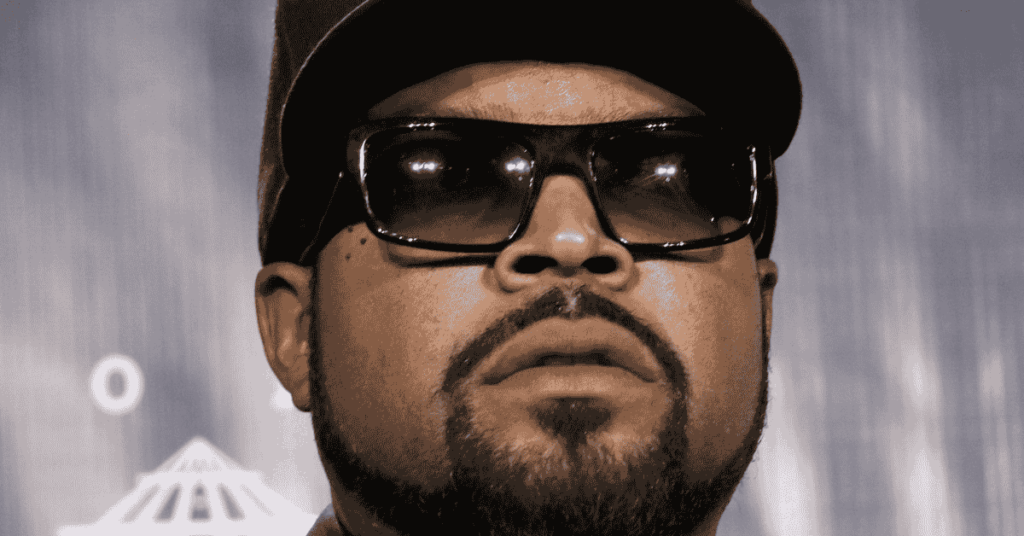
Music Career: Ice Cube began his career as a founding member of the influential group N.W.A. in the late 1980s. His solo career, which launched with his debut album AmeriKKKa’s Most Wanted in 1990, has been a major contributor to his wealth. Cube has since released several albums, with hits like Death Certificate and The Predator, which have both been commercially successful. Music royalties from his extensive catalog, including his classic albums and collaborations, continue to generate income.
Acting Career: Ice Cube’s acting career has been a cornerstone of his wealth, with memorable roles in iconic films such as Friday, Boyz n the Hood, and Barbershop. Over the years, he has appeared in a variety of films and TV shows, from comedies to dramas, and has gained a reputation as a versatile actor. His role in the Ride Along franchise and other box office successes has earned him millions in acting fees.
Producing and Directing: Beyond acting, Ice Cube has made significant income from producing and directing. He co-created the Friday franchise and produced the Barbershop films. His production company, Cube Vision, has been responsible for several profitable movies and TV shows, with Cube earning both profits from the films and behind-the-scenes revenue.
Business Ventures: Ice Cube’s business acumen extends far beyond entertainment. He has been involved in multiple business ventures, including his ownership in the BIG3 basketball league, which has gained significant attention. Additionally, his partnership with clothing companies and endorsement deals has provided him with a steady flow of income. Ice Cube has also ventured into the real estate market and has invested in several lucrative projects.
Endorsements and Sponsorships: Over the years, Ice Cube has worked with various brands, including Nike, Coors Light, and more, securing endorsement deals that have helped boost his income. These partnerships allow him to leverage his public image and appeal to a wide audience.
Past Earnings and How Ice Cube’s Wealth Grew Over Time
| Attribute | Details |
|---|---|
| Full Name | O’Shea Jackson Sr. |
| Date of Birth | June 15, 1969 (Age: 55) |
| Spouse | Kimberly Woodruff (married in 1992) |
| Children | Four: O’Shea Jackson Jr., Darrell Jackson, Kareema Jackson, Shareef Jackson |
| Net Worth | Approximately $160 million |
| 31 million | |
| 17 million |
Ice Cube’s journey to financial success began in the late 1980s with his involvement in the groundbreaking rap group N.W.A. However, it wasn’t until his solo career took off in the early 1990s that his wealth truly started to accumulate.
By the mid-1990s, Ice Cube had made a name for himself not only as a rapper but also as an actor and producer. His role in Boyz n the Hood and subsequent acting projects helped him branch out into Hollywood, eventually leading to lucrative contracts in the film industry.
Ice Cube’s wealth continued to grow through the 2000s, thanks to his success in the Friday franchise and his lucrative contracts in film and TV. Additionally, his ventures into business and his smart investments allowed him to further build his fortune.
Ice Cube’s Career in Movies
Ice Cube’s career in movies is as multifaceted as his journey in music, and over the years, he has established himself as one of Hollywood’s most versatile stars. Starting from humble beginnings in the entertainment industry, he evolved from a rapper to a respected actor, producer, and director.
Early Career and Breakthrough Roles
Ice Cube’s entry into Hollywood began after his rise to fame as a member of the iconic rap group N.W.A. in the late 1980s. His powerful voice and social commentary in the rap scene translated well to his early acting roles. His breakthrough came in 1991 when he starred in Boyz n the Hood, a film directed by John Singleton that tackled life in South Central Los Angeles. Cube’s portrayal of Doughboy, a young man caught between the pressures of street life and the hope for a better future, earned him critical acclaim and established him as a serious actor.
Following this success, Ice Cube transitioned into more mainstream acting roles. His natural charisma and strong presence on screen allowed him to break out of the stereotypical roles typically offered to musicians turned actors. Cube’s success in Boyz n the Hood set the stage for a long and varied acting career.
Notable Movies
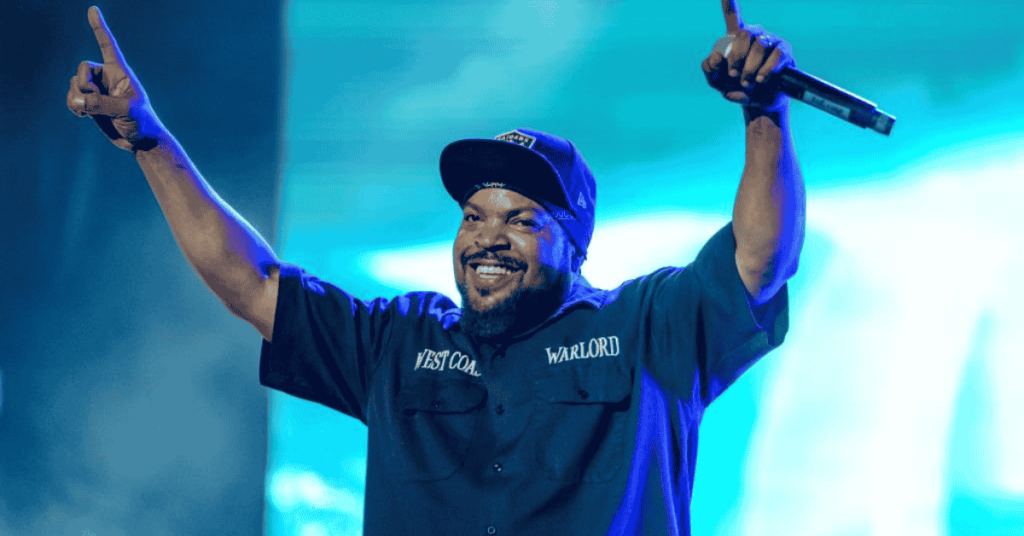
Friday (1995): Perhaps Ice Cube’s most iconic contribution to the film industry is his role in Friday (1995), a comedy he co-wrote and starred in. The film, which also starred Chris Tucker, is a cult classic that helped redefine the stoner comedy genre. Cube’s portrayal of Craig Jones, a young man dealing with the challenges of life in the neighborhood, resonated with audiences for its relatable humor and unique character dynamic. The success of Friday led to two sequels, Next Friday (2000) and Friday After Next (2002), making it one of Cube’s most enduring legacies in film.
Barbershop (2002): Another key film in Ice Cube’s career is Barbershop (2002), where he starred as Calvin Palmer, a man who inherits a neighborhood barbershop. The film tackled issues of community, relationships, and business with a comedic twist. The success of Barbershop led to two sequels, Barbershop 2: Back in Business (2004) and Barbershop: The Next Cut (2016), proving Cube’s ability to create franchises that appeal to both mainstream and urban audiences.
21 Jump Street (2012): Ice Cube’s comedic talents continued to shine in the 21 Jump Street franchise, where he portrayed Captain Dickson. This action-comedy, which starred Jonah Hill and Channing Tatum, was a major box-office success. Ice Cube’s portrayal of a no-nonsense, tough-as-nails police captain brought his trademark humor to the film and added a layer of hilarity to an already comedic plot. He reprised his role in the sequel, 22 Jump Street (2014), cementing his place in both action and comedy films.
Ride Along Series (2014, 2016): The Ride Along films, in which Ice Cube stars alongside Kevin Hart, became a box office hit. In these action-comedy films, Cube plays the role of a tough police officer, while Hart’s character provides comic relief. The films’ success at the box office further solidified Cube’s status as a leading man in both comedy and action genres.
His Impact on the Film Industry
Ice Cube’s impact on the film industry goes beyond his individual roles. As an African American actor, he broke barriers and challenged the Hollywood stereotype of black actors, often portraying complex, multi-dimensional characters. Cube brought an authenticity to his roles, especially in films like Boyz n the Hood and Friday, where he portrayed characters that audiences could relate to, regardless of their background.
Additionally, Ice Cube’s involvement in writing, producing, and directing allowed him to have a hand in shaping the narratives of his films. By establishing his own production company, Cube Vision, Cube ensured that the stories he told were authentic to his own experiences and resonated with his audience.
Cube’s role in popularizing the “hood comedy” genre with films like Friday and Barbershop has influenced many filmmakers and actors, and his crossover appeal in both drama and comedy set a precedent for future generations of actors and creators.
Production Ventures (Co-Founder of Cube Vision)
Ice Cube’s influence in the film industry expanded significantly through his work as a producer and director. In 1995, he co-founded Cube Vision, his production company that would go on to produce many of his most successful films. Cube Vision not only created content that spoke to the urban experience but also provided a platform for other diverse voices in Hollywood.
Through Cube Vision, Ice Cube produced the Friday series, Barbershop, and Are We There Yet? (2005), which starred him as a father trying to bond with his future stepchildren. Cube Vision’s success helped establish Cube as a prominent figure in Hollywood, capable of not only starring in but also shaping his own projects.
Ice Cube’s Music Career
Ice Cube’s music career has been a defining factor in both his artistic and financial success. As one of the most influential figures in the development of rap and hip-hop, his career has had a lasting impact on the genre. From his early days as a member of N.W.A. to his successful solo ventures, Cube’s music has shaped the sound and message of hip-hop.
Role in Pioneering Rap and Hip-Hop (N.W.A.)
Ice Cube’s journey in music began in the late 1980s as a founding member of N.W.A. (Niggaz Wit Attitudes), a groundbreaking rap group that is widely credited with pioneering gangsta rap. N.W.A.’s debut album, Straight Outta Compton (1988), became a cultural phenomenon, introducing a raw, unfiltered look at life in Compton, California. With Ice Cube as the primary lyricist and co-writer, the album’s provocative lyrics on issues like police brutality, systemic racism, and street life resonated deeply with urban communities across America.
Cube’s ability to craft socially conscious and politically charged lyrics made N.W.A. a central figure in the evolution of rap. Their music was often controversial but undeniably influential, and Cube’s contributions to tracks like “F**k tha Police” and “Straight Outta Compton” solidified his status as a pioneering voice in rap.
Despite his departure from N.W.A. in 1989 due to creative differences and disputes over royalties, Ice Cube’s involvement in the group remains a cornerstone of his legacy. His time with N.W.A. set the foundation for his future success in both music and other entertainment ventures.
Solo Career and Significant Albums
After leaving N.W.A., Ice Cube embarked on a successful solo career that saw him further define his role as an artist and storyteller. His debut solo album, AmeriKKKa’s Most Wanted (1990), was a critical and commercial success. Produced by The Bomb Squad, the album featured hard-hitting political and social commentary on issues affecting African Americans. The album’s aggressive tone and fearless approach to addressing racism and inequality marked Ice Cube’s transition from the group’s collective voice to a more personal and direct one.
Notable Albums
- AmeriKKKa’s Most Wanted (1990)
This album marked Ice Cube’s first step into his solo career, with a mix of sharp lyricism and a hard-hitting political message. The album is often considered one of the greatest rap albums of all time, and it set the tone for Cube’s subsequent solo works. - Death Certificate (1991)
Following the success of his debut, Cube released Death Certificate, which pushed the boundaries of both content and style. The album dealt with issues like race, social inequality, and urban violence with a level of rawness that few had previously dared to explore. Tracks like “No Vaseline” (a diss track aimed at N.W.A.) showcased Cube’s lyrical prowess and willingness to confront personal and public conflicts head-on. - The Predator (1992)
This album continued Cube’s tradition of confronting political and social issues, but it also included tracks that showed a more introspective side of the rapper. The album was widely successful, going platinum and cementing Ice Cube’s place as one of the top artists in hip-hop. The Predator featured the hit single “It Was a Good Day,” which became one of Cube’s most iconic tracks, offering a snapshot of a perfect day in the midst of a chaotic life. - Lethal Injection (1993)
While Lethal Injection wasn’t as commercially successful as The Predator, it marked Cube’s experimentation with a smoother, more mainstream sound while still maintaining his gritty edge. The album’s biggest hit, “You Know How We Do It,” demonstrated Cube’s ability to blend hard rap with mainstream appeal.
His Influence on the Music Industry
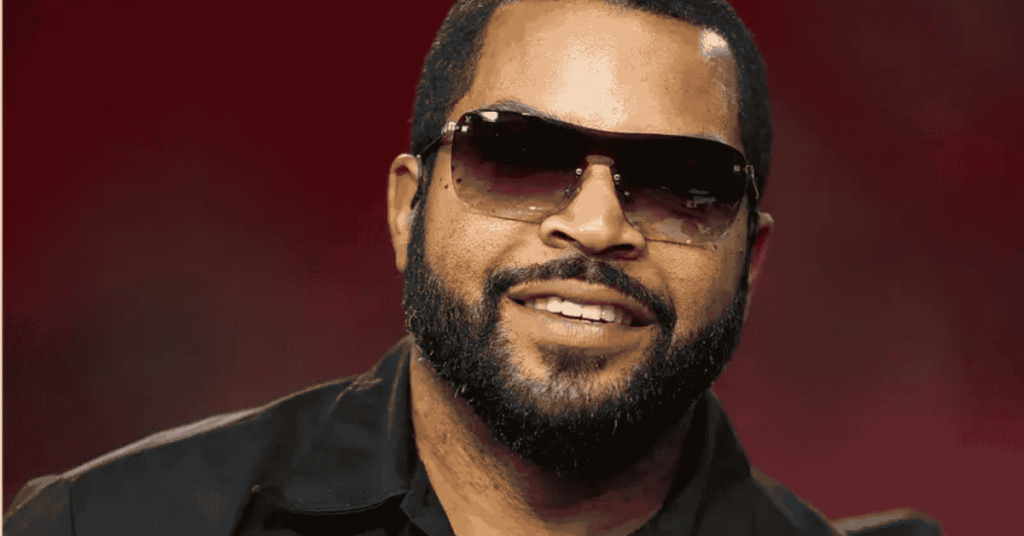
Ice Cube’s influence on the music industry extends far beyond his chart-topping hits and iconic albums. As a rapper, Cube was instrumental in the development of gangsta rap, helping to shape the genre’s sound and message. His raw, unapologetic approach to lyricism and his focus on telling real, hard-hitting stories inspired countless artists in hip-hop and beyond.
In addition to his musical impact, Ice Cube was one of the first to successfully transition from music into other media. His career in film and television, especially with films like Friday and his involvement in the Barbershop series, has set a precedent for hip-hop artists seeking to expand their careers beyond music. He also helped to develop the BIG3 basketball league, further cementing his status as an entrepreneur with a wide range of business ventures.
Wife, Kimberly Woodruff, and Their Relationship
Ice Cube married Kimberly Woodruff in 1992, and they have been together ever since. Kimberly, who is known for her low-key and private nature, has often been described by Ice Cube as the rock in his life. The couple has kept their personal life away from the public eye, with very little about their relationship shared in the media. Despite Ice Cube’s fame, Kimberly has largely avoided the limelight, focusing on raising their children and managing the responsibilities of being the wife of one of Hollywood’s most influential stars.
The couple met in the early 1980s, and their relationship blossomed over time. Ice Cube has often spoken about Kimberly as a source of stability in his life, particularly during the early years of his career when he was transitioning from N.W.A. to a solo artist. Their relationship has been described as strong, built on mutual respect, trust, and understanding. Ice Cube has referred to Kimberly as his “best friend” and has credited her for helping him stay grounded throughout his success.
Children, Including His Son O’Shea Jackson Jr.
Ice Cube and Kimberly Woodruff have four children together: O’Shea Jackson Jr., Darrell Jackson, Shareef Jackson, and Karima Jackson. As a father, Ice Cube has been incredibly supportive of his children’s pursuits, often emphasizing the importance of family in his personal life.
O’Shea Jackson Jr.: O’Shea Jackson Jr., born in 1991, is Ice Cube’s eldest son, and his career has garnered significant attention, particularly due to his role in portraying his father in the biographical film Straight Outta Compton (2015). O’Shea’s portrayal of Ice Cube in the film was praised for its authenticity and emotional depth, as he brought his father’s personality to life for a new generation of viewers.
Before becoming an actor, O’Shea Jackson Jr. also pursued a career in music, following in his father’s footsteps with a passion for rap and hip-hop. However, his acting career has taken center stage, and he has appeared in several films, including Den of Thieves (2018) and Long Shot (2019). O’Shea has expressed gratitude for growing up with a father who is both a mentor and a role model, and his portrayal of Ice Cube in Straight Outta Compton demonstrated the close relationship the two share.
Darrell Jackson, Shareef Jackson, and Karima Jackson
While less is publicly known about Ice Cube’s other children, he has expressed deep pride in all of them. Darrell Jackson and Shareef Jackson tend to stay out of the public eye, with only occasional mentions by their father in interviews or social media. Ice Cube has been protective of their privacy, and none of his children have pursued careers in the entertainment industry as extensively as O’Shea Jackson Jr. However, they have all grown up with strong academic backgrounds and a solid upbringing.
Ice Cube’s Age and Early Life
Ice Cube, born O’Shea Jackson, is a man whose life story is deeply tied to his upbringing in South Central Los Angeles. His experiences in this vibrant yet challenging environment have played a crucial role in shaping his views and inspiring his music and acting career. His early life reflects both the hardships of inner-city living and the immense talent that he would eventually bring to the world.
Birthdate and Early Life in Los Angeles
Ice Cube was born on June 15, 1969, in Los Angeles, California, making him 55 years old as of 2025. He grew up in the Crenshaw District of Los Angeles, an area known for its vibrant culture but also its challenges, including systemic poverty, crime, and racial inequality. Ice Cube’s environment played a significant role in shaping his perspective on the world, especially as it related to social justice issues, which would later become central themes in his music and films.
Ice Cube’s family life was also marked by both stability and struggle. Raised by his mother, Doris Jackson, and father, Hosea Jackson, who was a hospital custodian, Cube’s parents worked hard to provide for their family. His father’s absence for much of Cube’s early years meant that his mother was his main support system, and Ice Cube has often credited his mother with instilling in him a strong sense of responsibility and discipline.
Education and Early Influences
Ice Cube attended John Burroughs Middle School and later William Howard Taft High School in the San Fernando Valley, where he developed an interest in rap music. It was during his time in high school that he began to explore the craft of rapping. As a teenager, Cube was heavily influenced by the local music scene, particularly the burgeoning West Coast rap movement.
Despite his interest in music, Ice Cube was also academically inclined and was known to be a good student. He earned a scholarship to the University of Arizona, where he studied architectural drafting. However, Cube’s passion for music eventually overtook his academic pursuits. He dropped out of college to focus on his music career, a decision that would ultimately define his future.
Concerts and Performances in 2025
Ice Cube, having firmly established himself as one of the most influential figures in hip-hop, continues to captivate audiences with his music and live performances. Despite the passage of time, Cube’s stage presence and ability to engage with fans remain unmatched. In 2025, his concerts and performances promise to offer both new and long-time fans a memorable experience.
Upcoming Events and Tours for 2025
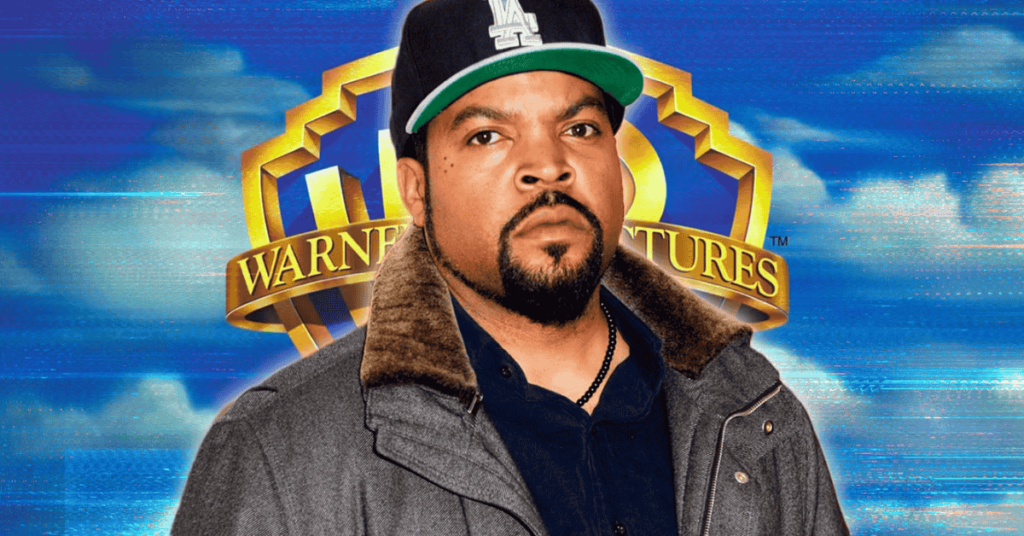
In 2025, Ice Cube is expected to embark on a number of performances, continuing to tour globally as part of his ongoing commitment to his music and legacy. Though official dates and locations may vary, Ice Cube’s name still draws significant attention, and many major music festivals and tours are likely to include him in their lineups. These tours often feature a mix of his classic hits, such as “It Was a Good Day”, “Check Yourself”, and “Gangsta Rap Made Me Do It”, while also incorporating his newer tracks and collaborations.
Fans can expect Cube to perform alongside other hip-hop legends in major events such as the BET Experience, Rolling Loud, and other prominent music festivals. As one of the original members of N.W.A., his appearances at hip-hop-specific festivals remain high-profile events, as he continues to influence the genre’s evolution.
His Place in the Music Scene Today
Ice Cube’s place in the music scene in 2025 remains as vital as ever, despite his multi-faceted career in acting, entrepreneurship, and film production. As an artist who was instrumental in shaping the West Coast rap movement and pioneering gangsta rap with N.W.A., Cube has seen the genre evolve over the years. However, he has continued to stay relevant by evolving his own sound while preserving his roots.
Cube’s contributions to hip-hop are often acknowledged not just for their lyrical content, but also for their political and social impact. His music often addresses issues of race, inequality, and personal empowerment—topics that continue to resonate strongly in the current social climate. Ice Cube has remained an advocate for the genre’s power as a tool for social change, and he is frequently invited to speak at cultural events and social justice gatherings, further solidifying his place as a figurehead of hip-hop culture.
Conclusion
Ice Cube’s legacy is undeniable, and it stretches across multiple fields—most notably music, film, and business. He is more than just a rapper or actor; he is a cultural icon whose influence can be felt in the evolution of both the hip-hop genre and Hollywood. Cube’s ability to remain relevant and impactful for over three decades speaks to his versatility, work ethic, and commitment to artistic expression.
Related Posts

Hi, I am Rachael Jones, and I write about timely topics that have the potential to create meaningful change. I appreciate you visiting and hope you find my articles impactful.
